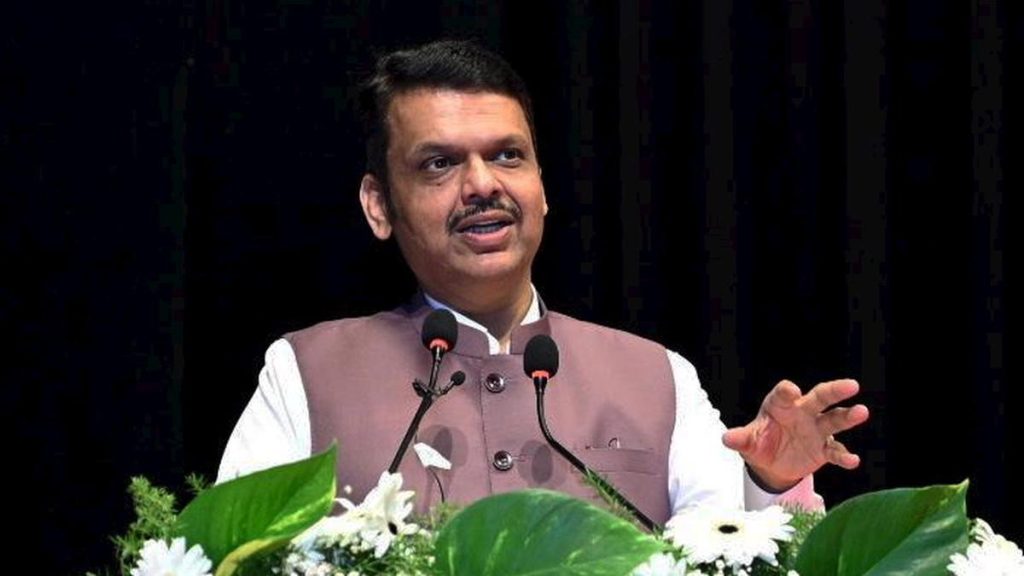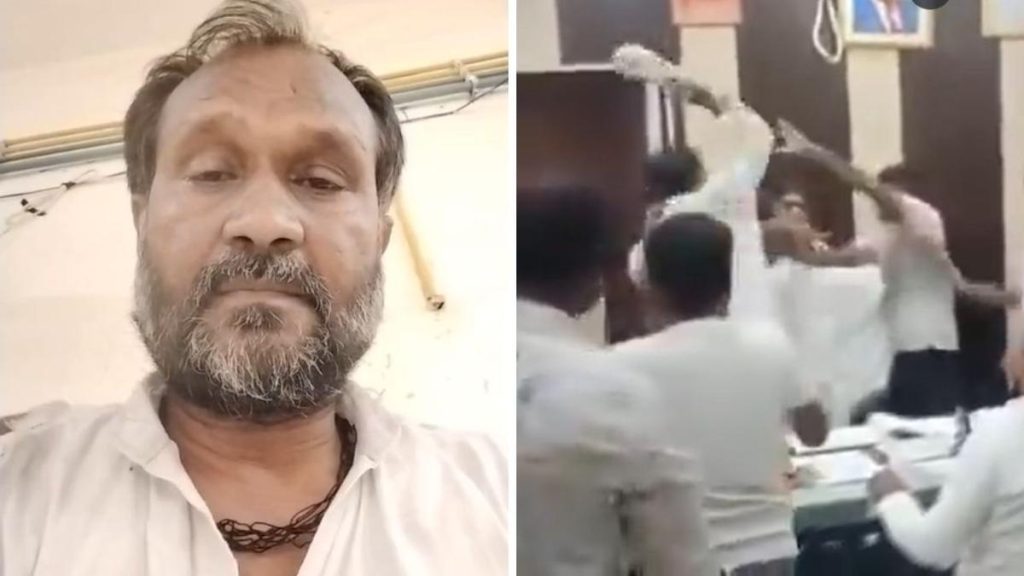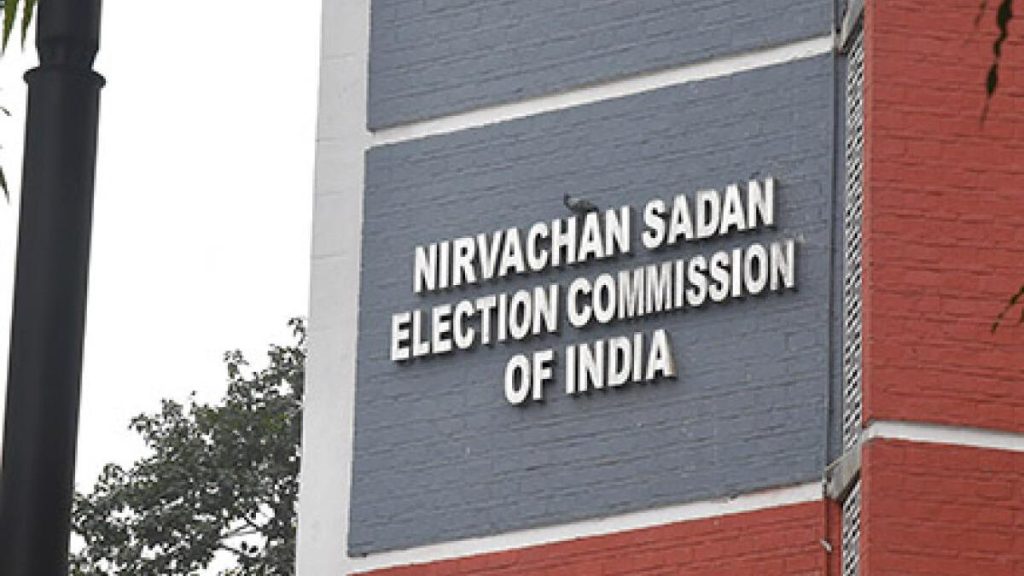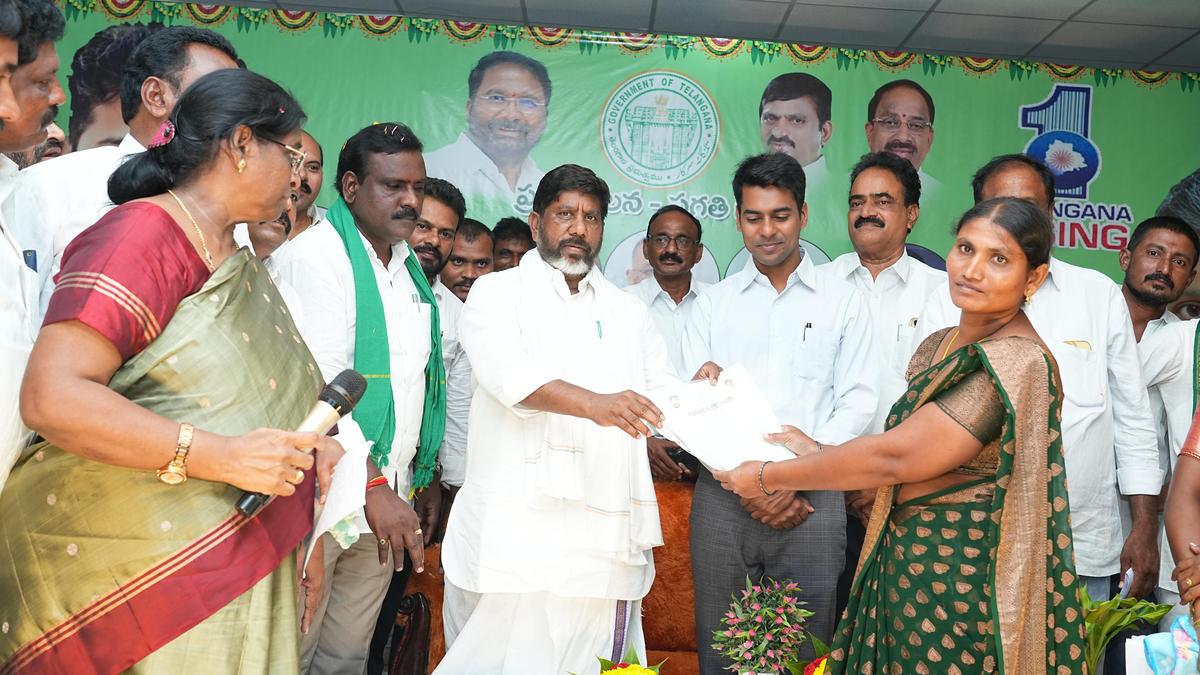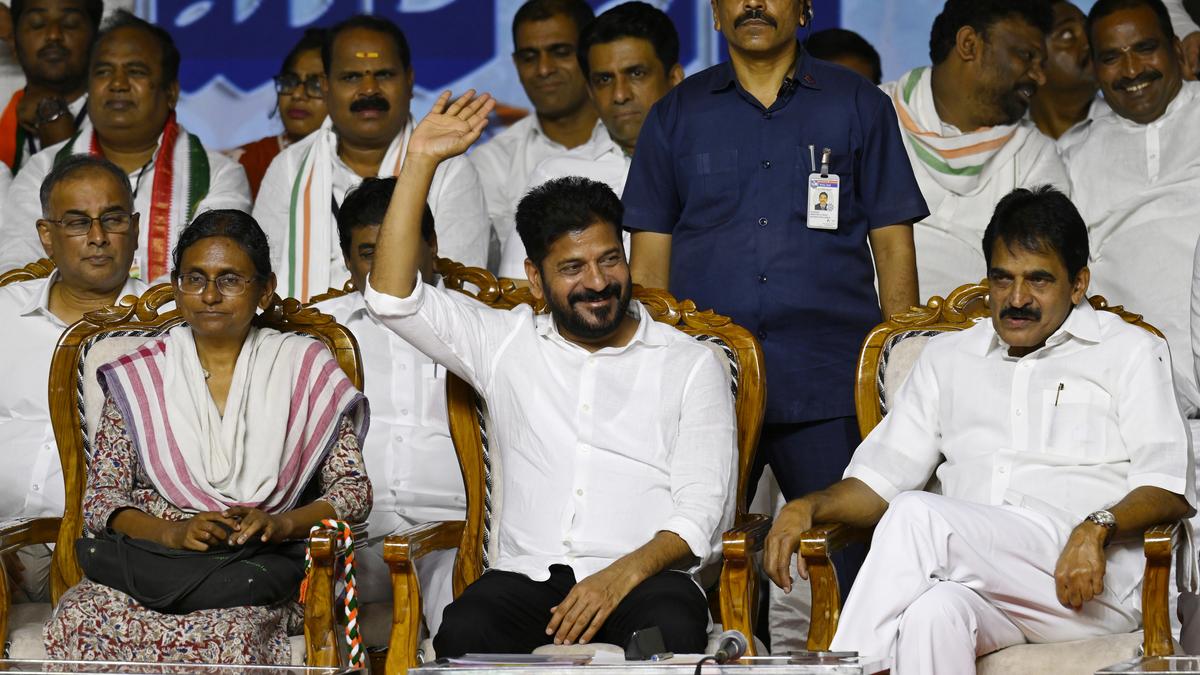Now Reading: Surjewala to Visit Karnataka Again Amid Leadership Statements and Guarantees
-
01
Surjewala to Visit Karnataka Again Amid Leadership Statements and Guarantees
Surjewala to Visit Karnataka Again Amid Leadership Statements and Guarantees
Rapid Summary
- Leadership Debate: Rambhapuri Mutt seer commented that Deputy CM D.K. Shivakumar deserved teh Chief Minister’s post after his efforts to bring Congress to power. The seer suggested Shivakumar may vacate the KPCC president’s position if named Chief Minister.
- AICC Consultations: Randeep singh Surjewala, AICC General Secretary in charge of Karnataka, is speaking with Congress MLAs, MPs, and Ministers over governance issues and plans to submit a report to the party leadership.
- Leadership Speculations: Ramanagara MLA H.A. Iqbal Hussain predicted that Shivakumar might assume the Chief Minister’s role in 2-3 months.
- Progress vs Guarantees Controversy: Yelbarga MLA Basavaraj Rayaraddi claimed his recent comments about prioritizing roads over guarantee schemes were misrepresented. He affirmed support for guarantee policies aimed at assisting the poor.
- Opposition Criticism: H.D. Kumaraswamy criticized Rayaraddi’s remarks as indicative of governmental inefficiency on developmental issues.
- CM Siddaramaiah’s Clarifications: He dismissed any change in flagship guarantee schemes despite criticism and confirmed funding across constituencies for infrastructure projects like roads and bridges.
Indian Opinion Analysis
The debate surrounding D.K. Shivakumar’s potential ascension as Chief Minister brings attention to intra-party dynamics within Karnataka politics, particularly following Congress’s electoral victory under his leadership as KPCC chief. While certain factions advocate for his promotion based on achievements, these developments may reflect tensions surrounding leadership roles within governing parties-a common phenomenon post-election wins.
Surjewala’s consultations highlight efforts by the national party body (AICC) to assess governance performance amid allegations of corruption and slow development progress raised by MLAs. This fact-finding initiative demonstrates proactive measures aimed at addressing public concerns while gauging internal discontent among legislators-crucial steps given ongoing demand for effective implementation of welfare guarantees.On policy matters like infrastructure versus welfare guarantees, clarity from CM Siddaramaiah underscores commitment toward balancing social uplift with infrastructural needs-a delicate act where resource allocation remains crucial amidst criticisms from opposition leaders such as H.D. Kumaraswamy.
These unfolding discussions carry implications not only for stability within Karnataka Congress but also on broader governance perceptions impacting future state-level political contests in India.


